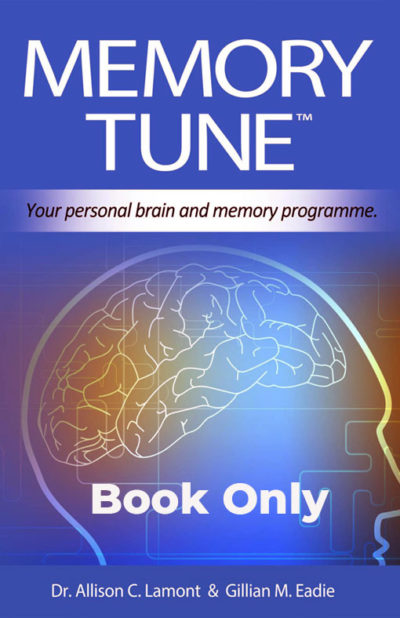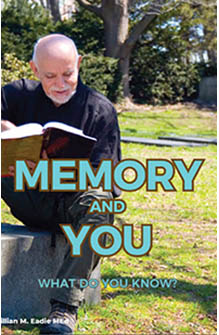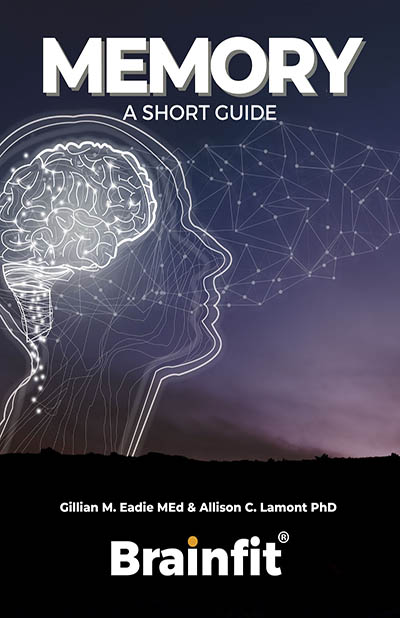You know sleep is important
But
Did you know just HOW important it is?
Your long-term memory is consolidated when you sleep.
An international team of neuroscientists, including Mathilde Bonnefond and Til Ole Bergmann specialists in research on waves of brain activity (oscillations) of Radboud University, found that:
Short-term memory traces stored temporarily in the hippocampus (an area deep in the brain) are relocated to more outer parts of the brain (neocortex) during sleep.
‘Non-rapid eye movement (NREM) sleep is responsible for the memory consolidation during our sleep’, Bonnefond explains. ‘NREM is known for its very slow oscillations (SOs). Other types of oscillations are hidden inside these SOs. We discovered that three types of oscillations are nested inside each other in the hippocampus and have a joint function.’
Slow waves, spindles and ripples
Read the Science
Slow oscillations only happen about once per second (~0.75 Hz). In a specific time frame within these SOs, Bergmann, Bonnefond and their colleagues found clusters of oscillations of an intermediate speed: the so called spindles which happen about 15 times per second (12 – 16 Hz). And within these spindles, they found clusters of superfast oscillations called ripples, which happen about 90 times per second (80 – 100 Hz), and which reflect the local reactivation of the memory trace to be shuttled to the cortex.
To summarize: SOs contain spindles, which in their turn contain ripples. ‘Earlier studies only coupled these oscillation types in pairs’, Bonnefond explains. ‘But now, we see that SOs, spindles and ripples are functionally coupled in the hippocampus. And we hypothesize that they provide fine-tuned temporal frames for the transfer of memory traces to the neocortex.’
https://www.ru.nl/english/news-agenda/vm/brain-cognition/2015/three-step-brainwave/

Slow Oscillations contain spindles, which in their turn contain ripples.
‘Earlier studies only coupled these oscillation types in pairs’, Bonnefond explains. ‘But now, we see that Slow Oscillations, spindles and ripples are functionally coupled in the hippocampus. And we hypothesize that they provide fine-tuned temporal frames for the transfer of memory traces to the neocortex.’
What’s the takeaway for us from this study?
Even more, we need our sleep!
Do all you can to support your memory with deep sleep.
Having trouble sleeping? Here are some more helpful articles:





I am a good sleeper unless I feel unwell and I sleep during the day! My sleep pattern then goes to bits, so sometimes I think please let me have a good sleep tonight and force myself to stay up to my usual bedtime! I do quiet things not to get my brain to think too much and then no drinks, don’t want to wake up for pee! It really works, I swear by it, even travelling and coming back after 4 weeks of sleeping pills I had to take as my husband snores like a trouper, even the people in the three rooms next to us complained! But getting off those pills is horrendous, sleeping pattern all disturbed so back to the same time to go to bed and no matter how tired in the morning, get up at the same time! Within 3 nights I am right again and sleep like a lamb!
That sounds like an excellent pre-bedtime routine, Tina – the best plans are the tried and tested ones! Your brain needs you to sleep well. Making sure you have taken your walk or other form of exercise during the day also helps your body to relax at night. We all want to ‘sleep like lambs’!
Calming the mind down before going to sleep is very important for me to get to sleep. I use a counted breathing routine to shut down my thinking which has really helped me get to sleep easily.
How do I find out how many hours my body needs?
Dear Gillian
Thank you for keeping in touch. I find your newsletters very interesting.
Audine
In many ways, it is trial and error and keeping a sleep diary will help you keep track of how you feel after different hours of sleep. We are all individuals and our needs vary. Fitness trackers can give you an indication if you have one of those but mostly, it is your level of alertness, your energy levels and your mood and outlook that will give you the best indication. (Apart from your medical checkups, of course.)
This is sducvh good advice! Calming thoughts and breathing help the body to relax and prepare for sleep.
Thank you Audine. I try to bring you the most udeful articles I can find!